Peaceworks
Publications
Articles, publications, books, tools and multimedia features from the U.S. Institute of Peace provide the latest news, analysis, research findings, practitioner guides and reports, all related to the conflict zones and issues that are at the center of the Institute’s work to prevent and reduce violent conflict.

A New U.S. Plan to Avert Wider Conflicts in West Africa
The United States is setting a new priority on building peace in five West African nations threatened by domestic crises and by violence that is spreading from the neighboring Sahel region. The White House named those countries among others in which to launch a new U.S. strategy to prevent violent conflicts in unstable regions. This choice signaled that stability in coastal West Africa is a vital U.S. interest — and that these five countries, while in varied stages of building democracies, can strengthen democracy and stability with more focused, long-term U.S. support. A broad consultation of scholarly and policy experts on coastal West Africa is buttressing that idea.
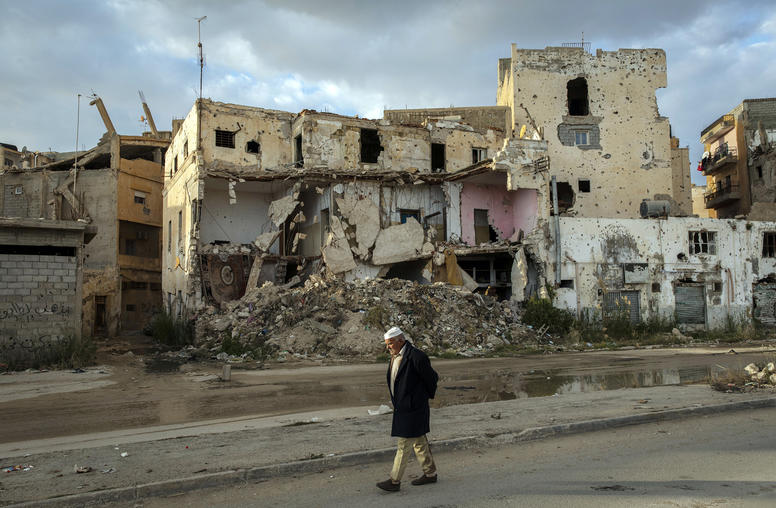
Implementing the Global Fragility Act: What Comes Next?
Amid the ongoing crisis in Ukraine, the Biden-Harris administration has quietly released a new policy that commits the United States to do more to “interrupt potential pathways to conflict” and reduce threats before they arrive on our shores. This new initiative comes at a difficult time for the United States and the world, given the full-blown crises that require the international community’s urgent attention, from COVID-19 to the climate crisis. Still, it represents an unprecedented and promising commitment at the highest levels of our government to apply the important lessons learned from decades of U.S. involvement in conflicts in Afghanistan, Iraq and elsewhere.
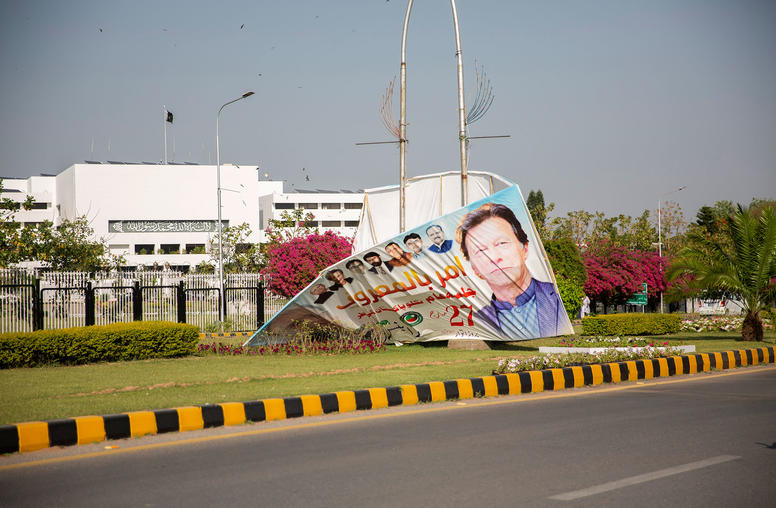
What’s Next for Pakistan’s Politics After Ouster of Imran Khan?
After a month of political crisis in Islamabad, Pakistan’s united opposition parties successfully removed Prime Minister Imran Khan in a vote of no confidence on April 10 and then on April 11 voted in opposition leader Shahbaz Sharif as the new prime minister. The votes came after the Supreme Court of Pakistan blocked earlier attempts by Khan’s Pakistan Tehreek-e-Insaaf (PTI) party government to dismiss the motion and move directly to fresh elections. Khan remains defiant despite his ouster.
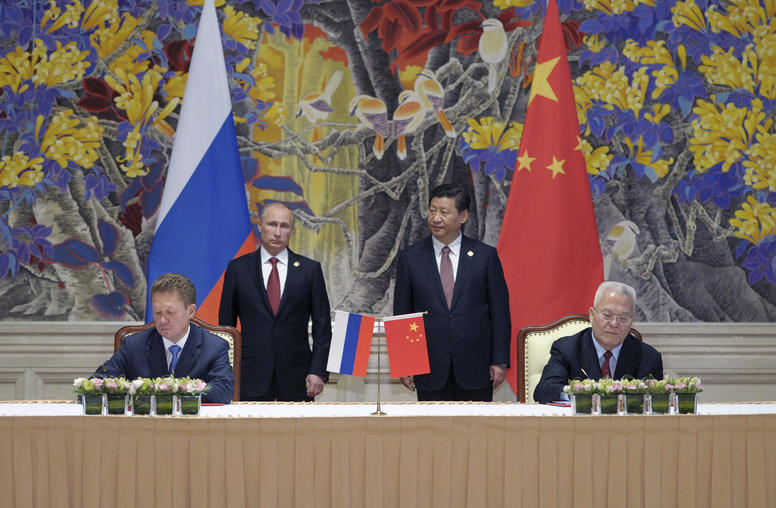
Ukraine Crisis Prompts China to Swing Behind Myanmar’s Junta
After a year of tentative ties with Myanmar’s democratic opposition, China this month dropped all pretension of hedging its bets and ramped up support for the military regime. Beijing framed its decisive economic and political move in part as a response to the “Ukraine crisis,” hinting that Russian backing for the junta may wane on the heels of Moscow’s stumbles in Ukraine, forcing China to fill the gap. With China bringing increasing pressure on Southeast Asian states to follow its lead in legitimizing Myanmar’s dictatorship, all parties in the region, and those with interests in it, will have to rethink their Myanmar strategies.

China’s Ukraine Gambit: Beijing Plays Both Sides
Beijing finds itself astride two policy tracks that appear to be moving in opposite directions: committed to affirming its carefully cultivated ties with Russia but also committed to upholding, at least rhetorically, the inviolability of territorial sovereignty. As Russia’s invasion enters a new phase, and more evidence of tragedies of emerge, China’s gambit may become increasingly uncomfortable.
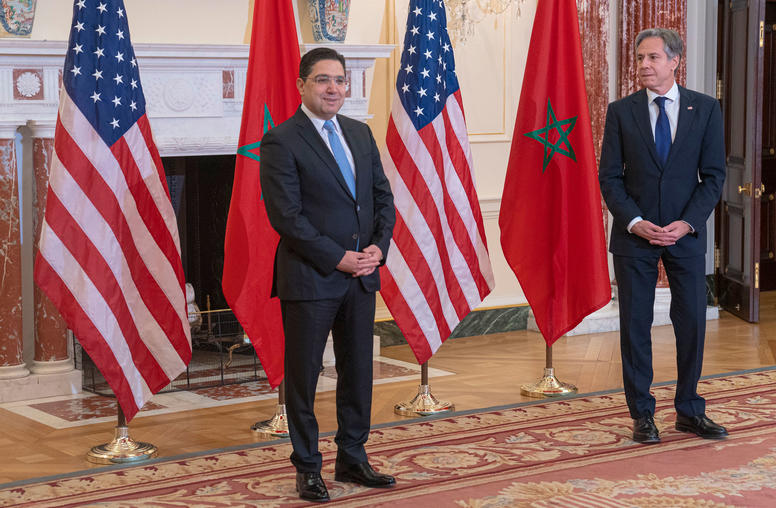
Ukraine War Puts New Focus on Conflict in Western Sahara
After years of stagnation in the conflict over the Western Sahara, the Russian war on Ukraine and other recent events could create openings to advance long-stalled Western Sahara peace efforts. Unprecedented parallel visits by America’s top two diplomats to Morocco and Algeria last month suggest that the U.S. is exploring this new opening. The United States should firmly grasp any new chance to end this often-forgotten conflict, which helps breed conditions for extremism and transnational crime, prevents much needed economic growth, and which risks worsened instability from the Mediterranean to Africa’s Sahel region.
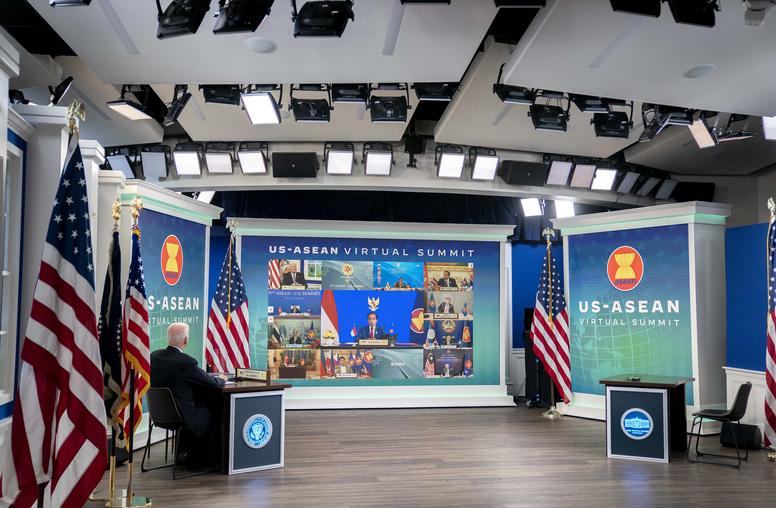
U.S.-Vietnam Partnership Goes Beyond Strategic Competition with China
When the Association of Southeast Asian Nations (ASEAN) was founded in 1967, one of its initial goals was to contain the threat of communism during the Vietnam War. It is a remarkable turn of history that 55 years later, Vietnamese Prime Minister Phạm Minh Chính is coming this year to Washington for the ASEAN leaders summit with President Biden. Vietnam’s accession to ASEAN in 1995 — the same year when Hanoi and Washington normalized relations — was the first big step of Hanoi’s “multi-directional” foreign policy. As the Biden administration identifies Vietnam as one of the key countries in its Indo-Pacific Strategy, it needs to recognize Hanoi’s preference for multilateralism in its engagement policy.
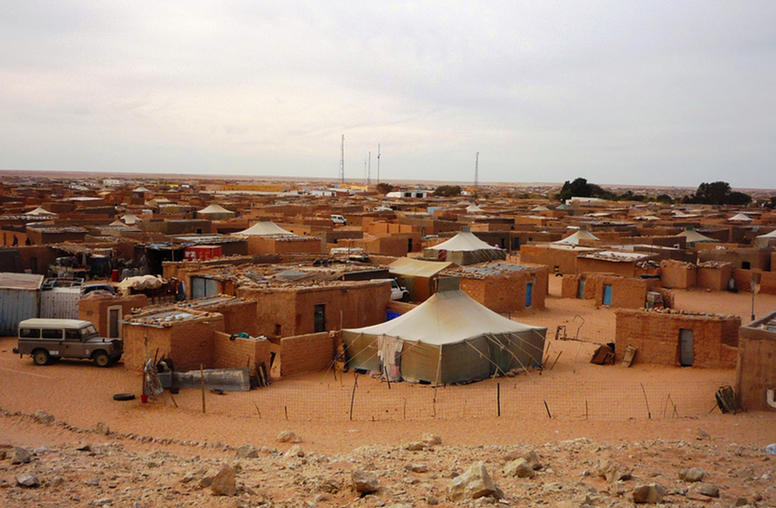
Saudi-Turkish Clash Reinforces Tensions in the Maghreb
Morocco notched a diplomatic win this week as the United Arab Emirates opened a consulate in the Western Sahara, where Rabat has long sought international recognition of its claim over the disputed territory. It also signaled a troubling regional shift. The hostility between Turkey and the Saudi-aligned Arab states risks embroiling the Maghreb region, much as it already complicates conflicts and politics from Libya to the Red Sea region. In North Africa, as across the greater Middle East, a widening of the Turkish-Saudi confrontation is heightening the risks of destabilization and threats to U.S. regional and counterterrorism interests.

In Niger, Foreign Security Interests Undermine Stability—What Can Be Done?
Over the past decade, the United States, France, and the European Unionhave drastically increased security assistance to countries in the Sahel region. They have done so to address two perceived transnational threats—violent extremism and mass migration to Europe—but have often neglected Sahel countries’ own interests and long-term stability. Nowhere is this more apparent than in Niger, the world’s poorest country.
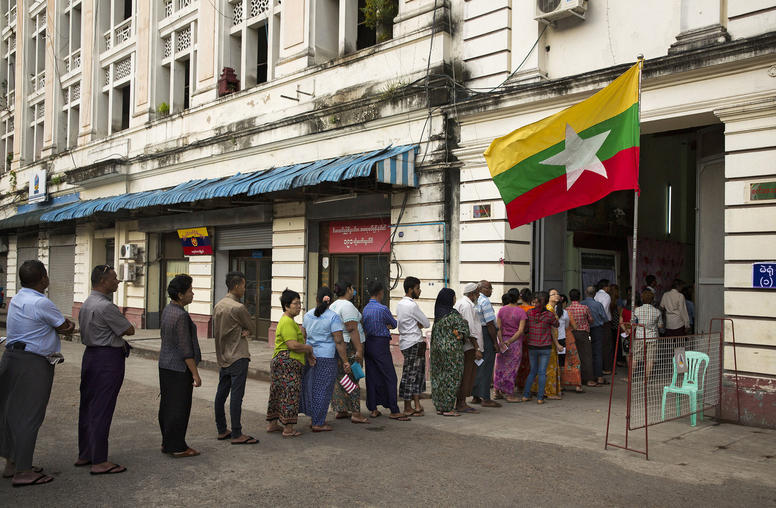
Election Cancellations in Rakhine State Could Signal Trouble for Myanmar
On October 16, when it took the stunning and sweeping decision to cancel most of the vote in Rakhine State on November 8, the Union Election Commission (UEC) disenfranchised an estimated 73% of Rakhine voters, in addition to the Rohingya who had been stripped of voting rights in 2015. The UEC justified its decision on the grounds that the election could be neither free nor fair because of ongoing armed conflict in the state. When critics asked why the elections had not been cancelled in war-stricken Paletwa, where security concerns are most acute, the UEC called off elections in parts of that Chin State town and restored them in a few village tracts in Rakhine.